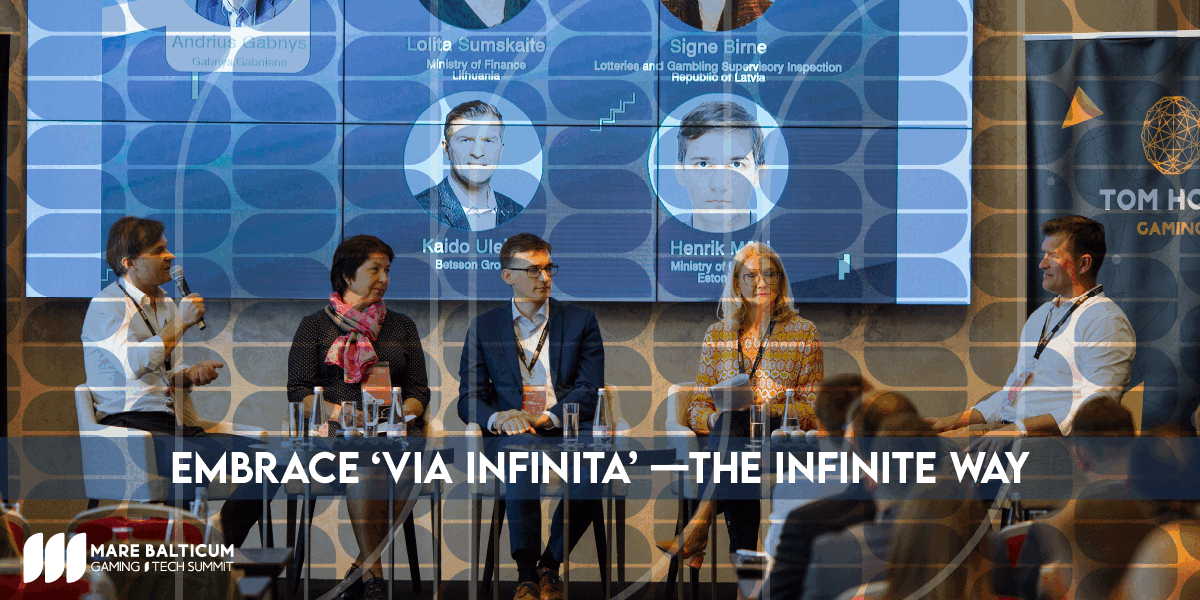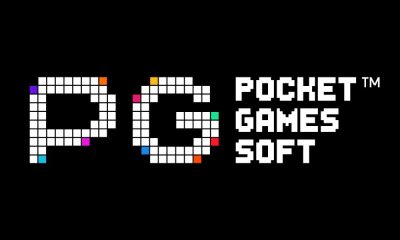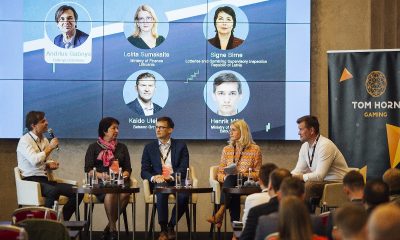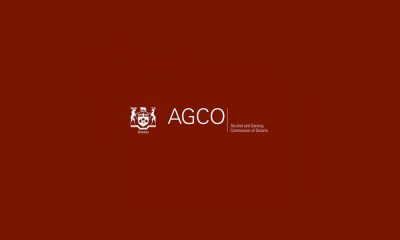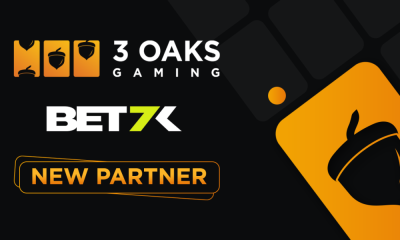eSports
The Russian Association for Electronic Communications announces the new Gaming industry and esports cluster
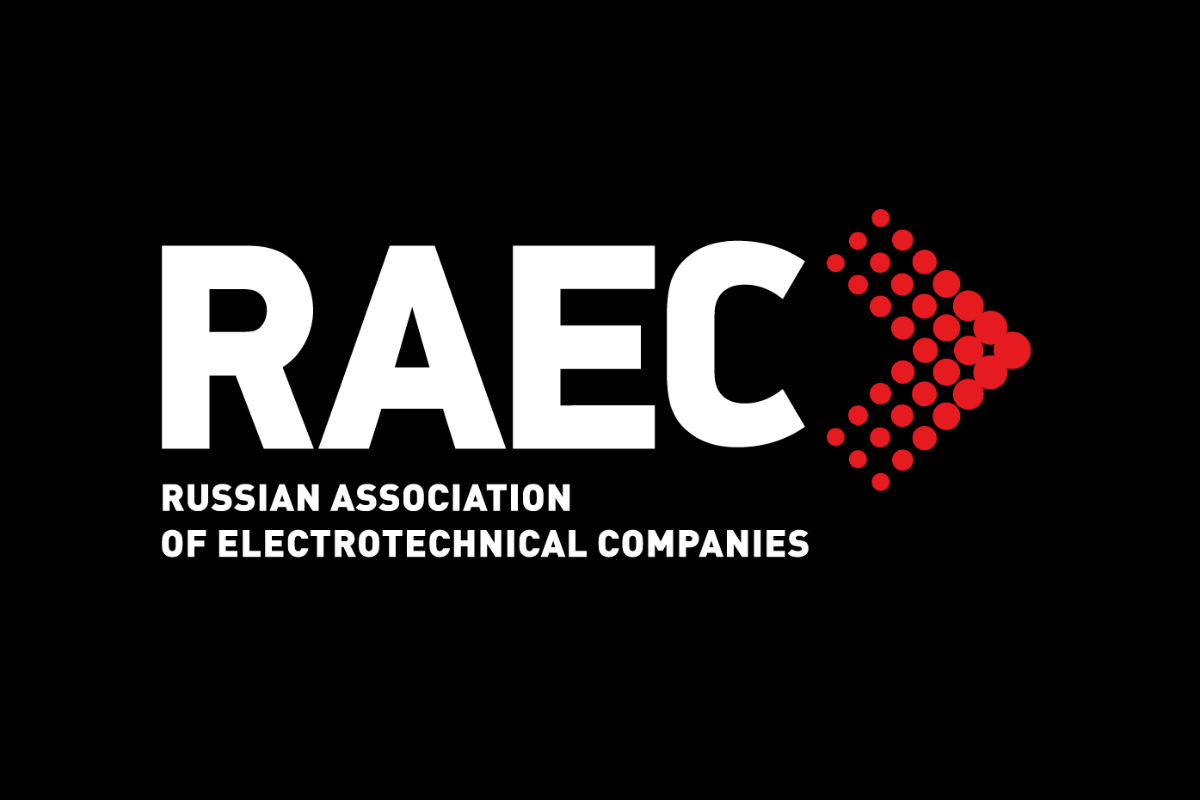
The Russian Association of electronic communications (RAEC) announces the creation of the Gaming industry and esports cluster.
The new cluster’s purpose is to solve practical problems in the communication field of communication with the media, opinion leaders and the general public.
Priority tasks will be:
-
Work with public opinion, convey a common industry position on the role of video games in society and their impact on it through a pool of experts, release and aggregation of information materials;
-
Identification, coordination and verification of unified data on the gaming and esports markets based on independent research and market participants ‘ own information;
-
Development of educational projects and activities.
The cluster is designed to bring together leading organizations and experts from the gaming industry and provide them with the necessary platform for communication with target groups, to become an intermediary between representatives of the gaming world and society.
The initial group of cluster experts includes:
-
Karina Konkova, Communications Director at MY.GAMES (cluster co-chairman in the “Gaming industry” direction);
-
Yaroslav Meshalkin, Chief Strategic Communications Officer at ESforce Holding (cluster co-chairman in the “Esports” direction);
-
Ilya Salamatov, CEO of META Publishing;
-
Artem Vinokurov, Vice-President of the Russian Esports Federation;
-
Elena Grigoryan, Marketing and Advertising Director at MY.GAMES;
-
Vladislav Arkhipov, PhD in law, head of the Theory and history of state and law department at Saint Petersburg state University, adviser to the practice of intellectual property, information technology and telecommunications of the international law at Dentons, author of the course “Legal esports issues”;
-
Sergey Glamazda, Virtus.pro General Manager;
-
Stepan Shulga, Head of esports at Parimatch, esports evangelist;
-
Nikolay Petrosyan, Head of Media direction at ESforce Holding, Head of Cybersport.ru;
-
Olga Morozova, author of the “Igrology”, researcher at the Institute of Psychology in the Russian Academy of Sciences, specialist of the Moscow center for video game research;
-
Anton Oleynik, General Producer of RuHub Studio;
-
Leonid Koen, senior consultant (sports industry and esports) at Odgers Berndtson Russia.
The cluster is open for new participants, and the conditions for joining the expert group are described on the official website of RAEC: https://raec.ru/en/ All applications will be reviewed jointly by RAEC and cluster experts.
Sergey Plugotarenko, Director of the Russian Association for Electronic Communications (RAEC):
“RAEC has long been interested in gaming and esports — not only as a hobby for employees, although many of us like to play, but also as drivers of the media and entertainment industry. For several years in a row, we held panels about video games within Russian Internet forum and Russian Internet Week. As a result, we realized the need for a strong communication platform, within which industry representatives can form a consolidated position and build a dialogue with society. This platform should be our new cluster. To create it, we turned to the largest market players and recognized experts, and as a result, we found a strong mutual interest.”
Karina Konkova, Communications Director at MY.GAMES, co-chairman of the RAEC Gaming industry and esports cluster:
“Games are one of the fastest growing segments of the global entertainment industry, with a global audience of more than 2 billion people. The role and prospects of this market in the digital economy are well understood by its participants, but not always obvious to audiences far from game development. We believe that open dialogue, systematic research and educational initiatives will allow games and esports to better identify their real economic potential and enable talented Russian specialists and developers to achieve success both locally and internationally.”
Yaroslav Meshalkin, Chief Strategic Communications Officer at ESforce Holding, expert on the esports mass culture on the Council of the State Duma Committee on Physical Culture, Sports, Tourism and Youth Affairs, co-chairman of the RAEC Gaming industry and esports cluster:
“Video games and esports like to be periodically blamed for all the deadly sins, masking real social problems behind it. Thanks to RAEC, we are able to work systematically with the perception of games and computer sports at all levels that interest us. The second and no less important task that our cluster is designed to solve is the formation of a unified approach to market assessment, since now the figures of different research companies are very different from each other and need to be verified by the industry Association.”
The Gaming industry and esports cluster started working. You can find out about the results of its activities on the cluster’s page: https://raec.ru/clusters/gaming-esports/.
Powered by WPeMatico
eSports
North Star Network Acquires Um Dois Esportes
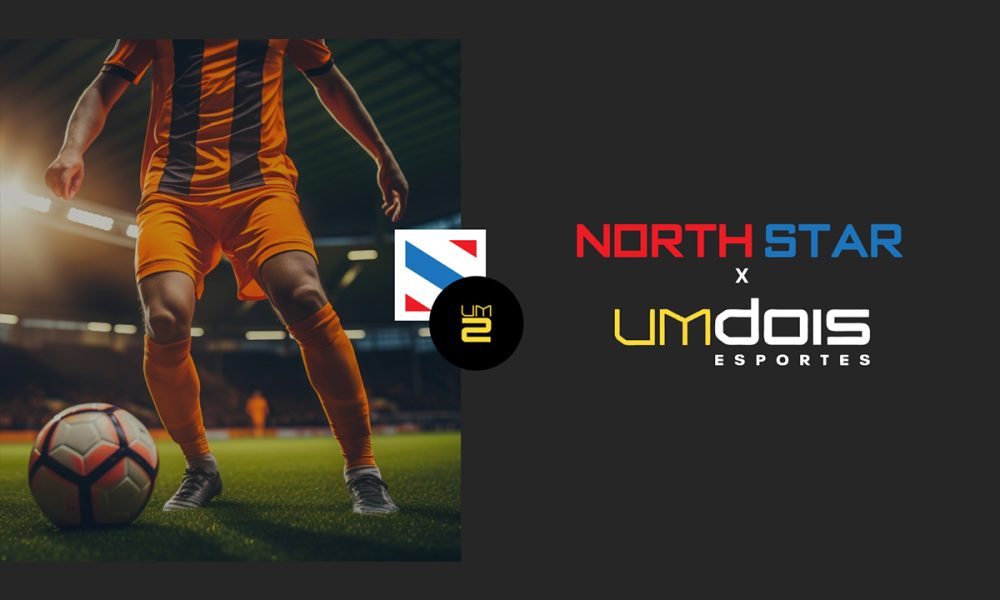
North Star Network has acquired Um Dois Esportes, a sports coverage and analysis site created from the merger of Gazeta Do Povo and Tribuna do Paraná in 2020.
Julien Josset, co-founder of North Star Network, said: “Thank you to the team at GRPCOM for their faith in us to take the brand forward. Um Dois Esportes is an established and renowned site in Paraná State, and we’re excited about the challenge of developing this asset.
“We’re happy to maintain the collaboration with the existing editorial team, and look forward to working with them, bringing our unique NSN approach, to take UDE forward.”
NSN’s signing of Um Dois Esportes is the media house’s fourth acquisition of 2024, following the recent deals to purchase UK-based SportsMole and MrFixitsTips, as well as Chilean site AlAireLibre, which was announced in March.
The latest addition to the North Star media portfolio joins existing assets including Top Mercato, Afrik-Foot, and Vringe. The Paris-based company already oversees a significant Brazilian operation, delivering over 6 million sessions per month, from the likes of Trivela, Premier League Brasil and Lakers Brasil.
NSN will retain Curitiba-based journalists from the Um Dois Esportes legacy team to maintain the asset’s unique tone and popular coverage of the Paraná sports scene across site and social.
Rafael Mello, Director of GRPCOM, said: “We were surprised by the interest, and initially had no intention of selling Um Dois, but as the conversations evolved, we realised this was a serious group with good intentions. We were very happy to see our project being valued by a large international group and going global, demonstrating the quality of the content we produced.
“We’re also proud that North Star inherited our journalists, who are truly responsible for the success of the product we offer readers every day.”
Alona Shevtsova
L&G esports team founded by Alona Shevtsova won the national Dragon EC Cup tournament
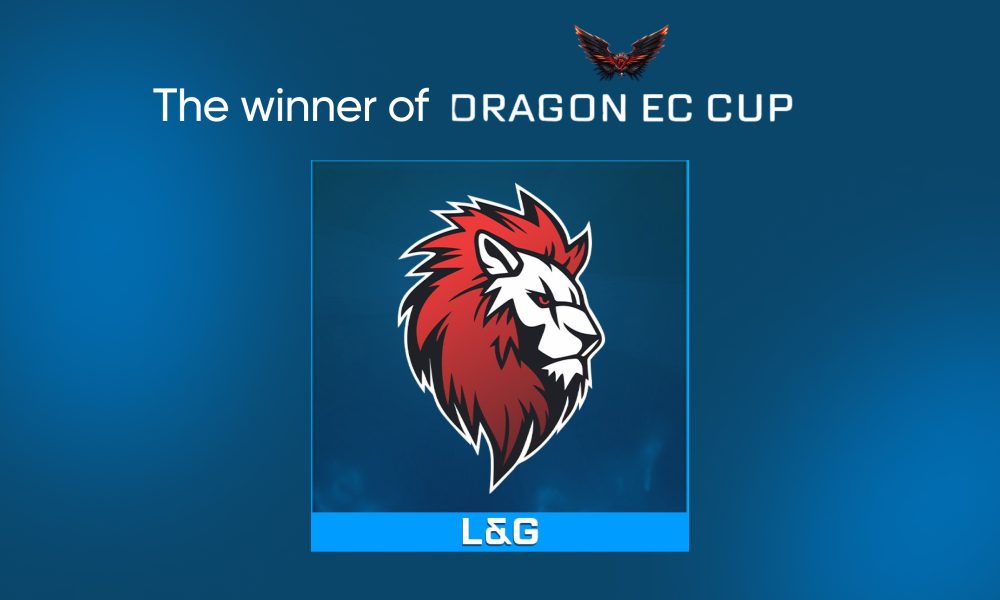
Ukrainian esports team L&G won the Dragon EC Cup tournament, held on the 20th of April by Dragon Esports Club. Four teams competed in the tournament’s final: Lazer Cats, L&G, which received a direct invitation to the final stage, EsportsBattle, and ThunderFlash, which had open qualifiers. During the Grand Final, the L&G team competed with Lazer Cats on Mirage, Anubis, and Vertigo maps.
“This victory is a testament to the exceptional talent and commitment of our players, as well as the collective effort of our coaching staff and support personnel,” said Alona Shevtsova, founder of L&G Esports. “We are immensely proud of their accomplishments and grateful for the unwavering support of our fans.”
L&G is among the top 5 Ukrainian teams in Counter-Strike: Global Offensive. It was founded in 2021. The previous name was Leogaming, and it was created on the initiative of the famous Alona Shevtsova from the fintech sector.
The team began competing in top tournaments and almost immediately made it to the Advanced division of the ESEA League Europe competition. The team also participated in and took prizes in European tournaments such as the SCL League, WhiteBit Crypto Open, Phoenix League, and local competitions. The team players are marat2k, r0ublE, kr1vda, kL1o, OneUn1que, rji (coach).
The winners received a 50,000 UAH prize. Dragon Esports Club also prepared a 15-skin giveaway for the broadcast’s viewers.
It is worth mentioning that the L&G team created its merch items, which are available for order worldwide. To get more information about the team, visit the L&G Instagram page, Twitch, or Telegram Channel.
eSports
L&G esports team founded by Alona Shevtsova won the national Dragon EC Cup tournament
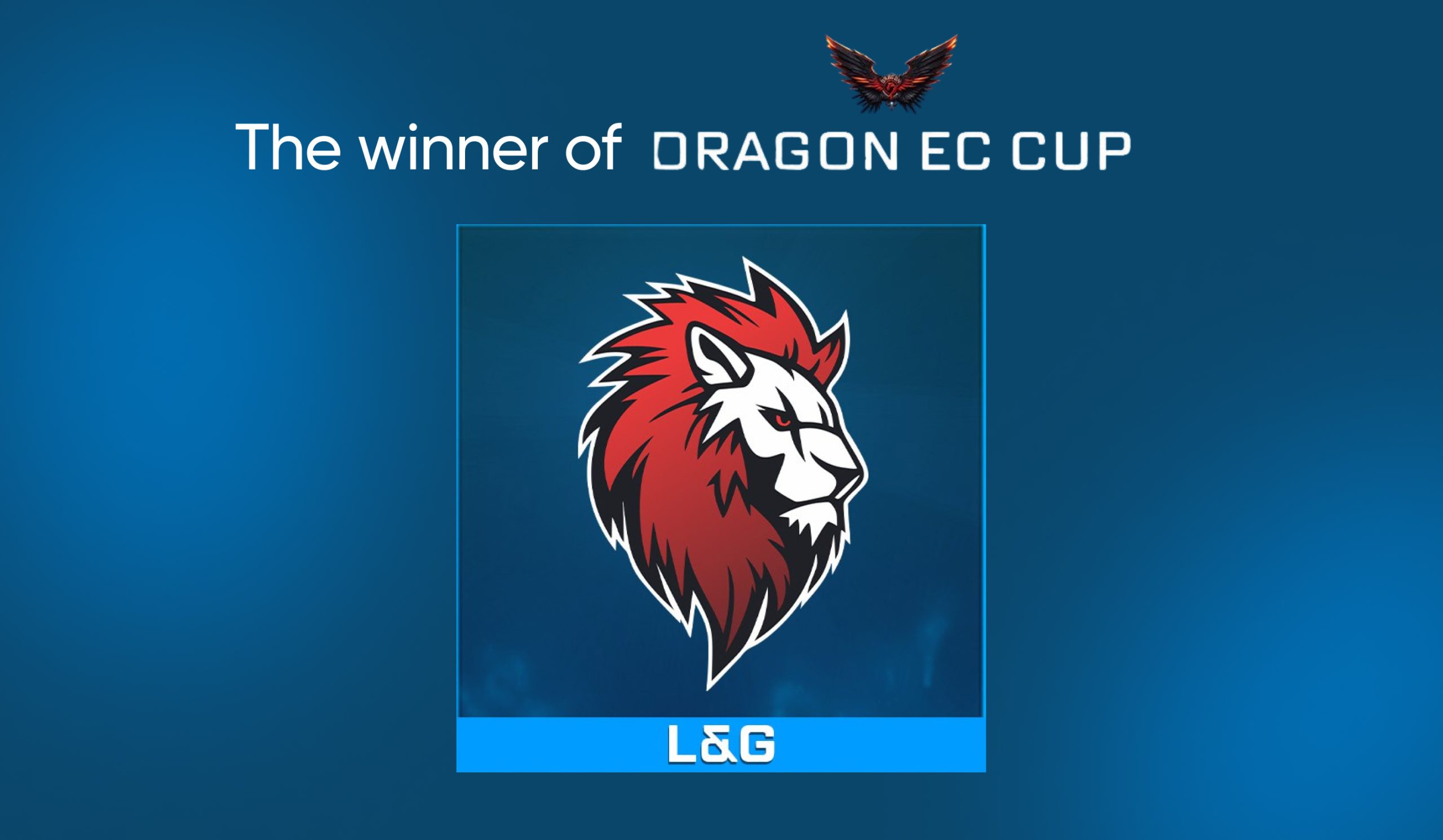
Ukrainian esports team L&G won the Dragon EC Cup tournament, held on the 20th of April by Dragon Esports Club. Four teams competed in the tournament’s final: Lazer Cats, L&G, which received a direct invitation to the final stage, EsportsBattle, and ThunderFlash, which had open qualifiers. During the Grand Final, the L&G team competed with Lazer Cats on Mirage, Anubis, and Vertigo maps.
“This victory is a testament to the exceptional talent and commitment of our players, as well as the collective effort of our coaching staff and support personnel,” said Alona Shevtsova, founder of L&G Esports. “We are immensely proud of their accomplishments and grateful for the unwavering support of our fans.”
L&G is among the top 5 Ukrainian teams in Counter-Strike: Global Offensive. It was founded in 2021. The previous name was Leogaming, and it was created on the initiative of the famous Alona Shevtsova from the fintech sector.
The team began competing in top tournaments and almost immediately made it to the Advanced division of the ESEA League Europe competition. The team also participated in and took prizes in European tournaments such as the SCL League, WhiteBit Crypto Open, Phoenix League, and local competitions. The team players are marat2k, r0ublE, kr1vda, kL1o, OneUn1que, rji (coach).
The winners received a 50,000 UAH prize. Dragon Esports Club also prepared a 15-skin giveaway for the broadcast’s viewers.
It is worth mentioning that the L&G team created its merch items, which are available for order worldwide. To get more information about the team, visit the L&G Instagram page, Twitch, or Telegram Channel.
The post L&G esports team founded by Alona Shevtsova won the national Dragon EC Cup tournament appeared first on European Gaming Industry News.
-

 Latest News7 days ago
Latest News7 days agoWeek 16/2024 slot games releases
-

 Brazil7 days ago
Brazil7 days agoPG Soft Set to Sponsor Key SiGMA Americas Event
-

 Baltics4 days ago
Baltics4 days agoMARE BALTICUM Gaming & TECH Summit Announces Final Agenda for 2024 Event
-

 Australia4 days ago
Australia4 days agoACMA Reveals Illegal Gambling Crackdown Results
-

 Aviatrix7 days ago
Aviatrix7 days agoAviatrix and Vibra Solutions Agree Partnership with Focus on Latin America
-

 AGCO4 days ago
AGCO4 days agoAGCO Requires Ontario Gaming Operators to Stop Offering WBA Bets Due to Integrity Concerns
-

 3 Oaks Gaming4 days ago
3 Oaks Gaming4 days ago3 Oaks Gaming extends Brazilian outreach with Bet7k partnership
-

 Latest News4 days ago
Latest News4 days agoINSPIRED LAUNCHES VIRTUAL SPORTS WITH COMEON GROUP

